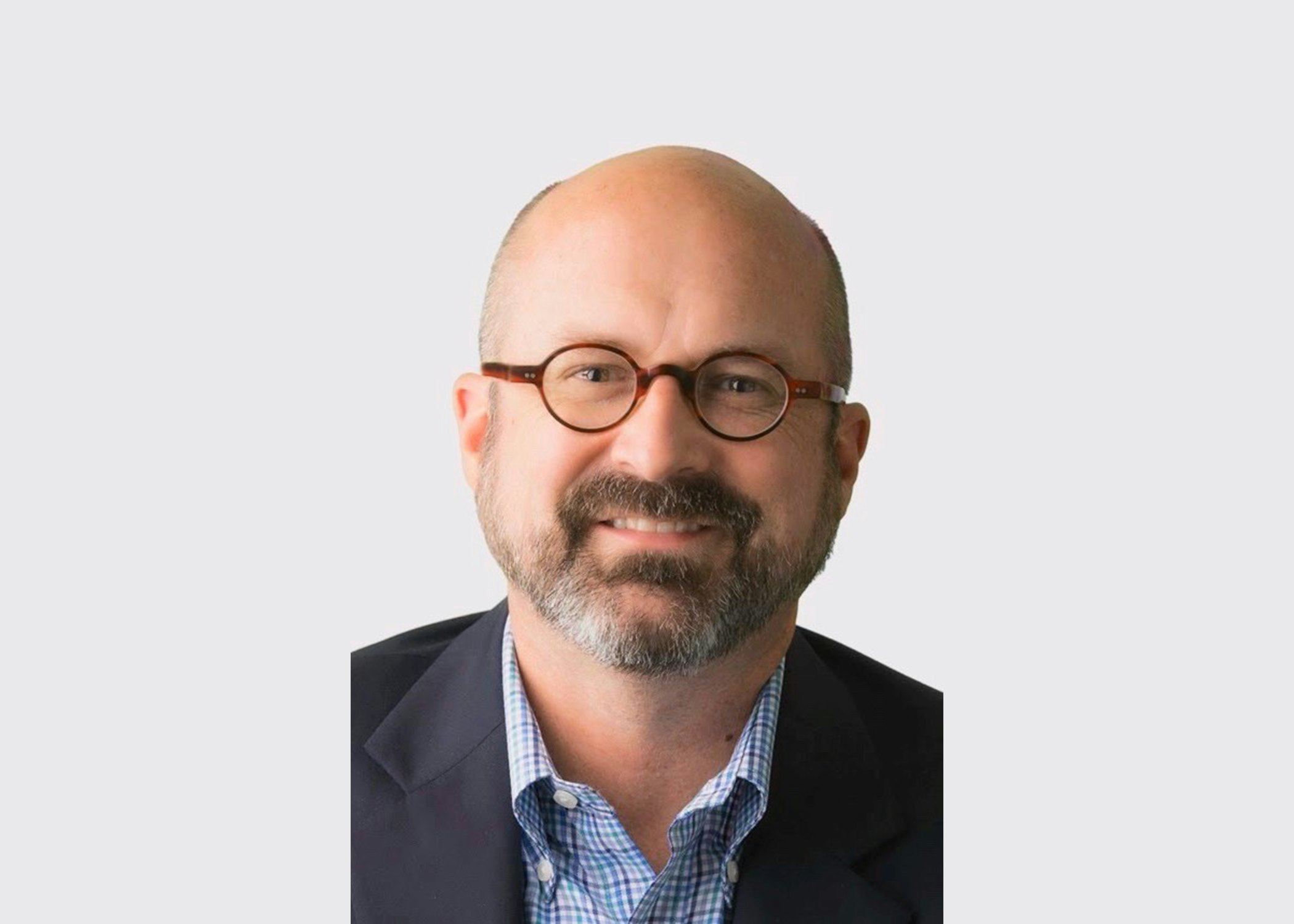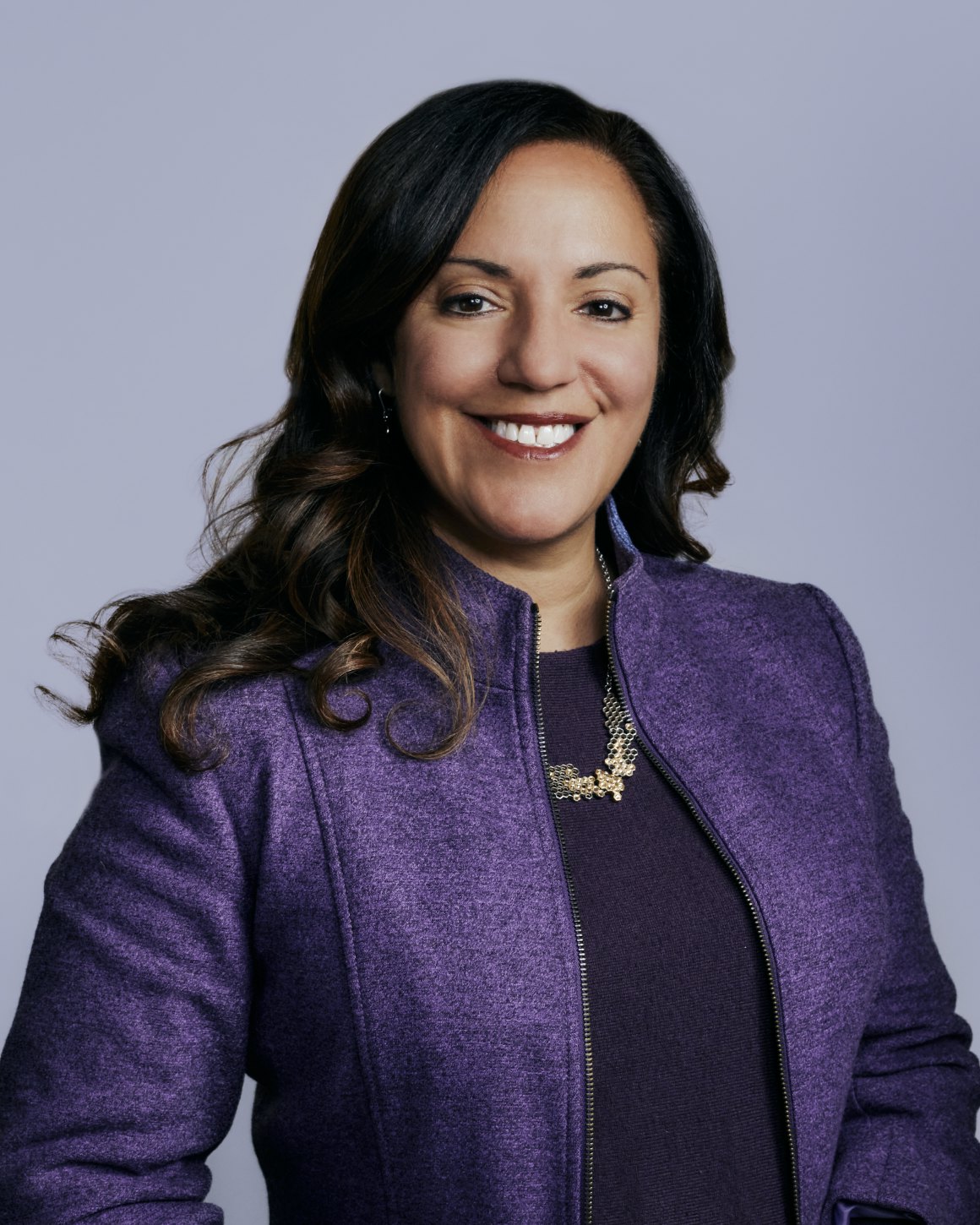We are honored to be joined this month by former HUD Secretary Alphonso Jackson, whose remarkable career of public service also included serving as an assistant professor at the University of Missouri-St. Louis and leading the housing authorities in St. Louis and Dallas. In the private sector, Secretary Jackson held leadership positions at American Electric Power and, after his service at HUD, JP Morgan Chase. Secretary Jackson shares insights on the American dream, effective leadership, the keys to the success HUD enjoyed under his leadership and leaves us with a memorable story from his time in the Administration.
Q: Under your leadership at HUD, many important strides were made, including the reduction of homelessness in America by more than 11%. As you reflect on your service at HUD, are there lessons learned that could be applied to address the housing issues we face today?
First of all, always respect and listen to the career service employees. They are indeed the experts in the field of housing and urban development. Our accomplishments at HUD would not have happened without them. From the reduction in homelessness to HUD finally being removed from the Office of Management and Budget high risk list, the career employees made it happen. HUD had been on the list for 20 years.
Once the good news spread throughout the government, I asked Clay Johnson, Deputy Director of OMB, to arrange a visit with President Bush, who graciously invited the lead career folks to the White House to meet him and thank them for their hard work. They were astounded by the invitation and appreciated the unheard-of recognition from the president.
Q: During your career, whether in education, the law, and the public and private sectors, you have always been regarded as someone with infectious energy who brought people together. What role do those so-called soft skills play in addressing big challenges?
No matter the arena, a positive, can-do attitude generates camaraderie among your colleagues. In my opinion, it leads to enthusiasm and the willingness to tackle any problem head-on with the determination and belief that we will all succeed together no matter the challenge.
Q: How did growing up in South Dallas as the youngest of 12 kids with parents who worked multiple jobs to support the family shape what would become your extraordinary career of service and accomplishment?
My parents are my heroes. They had a tough life financially, trying to raise 12 children on a meager income. Most importantly, they loved us and believed in us. We were told if we worked hard, we could achieve the American dream of success. They taught us not to give up and that our station in life was a steppingstone to a better life through education, and with that, we could help others.
Q: What advice would you offer to the children and grandchildren of your fellow Bush-Cheney alums?
We will all have life setbacks, whether in school, extracurricular activities, or a job. Remember, a setback is just a setup for your comeback. Always believe in yourself, know that others are cheering you on, and wishing you the best. Sometimes, even one might not know it.
Q: Can you leave us with a favorite moment or story from your time in the Administration?
I will never forget my visit to Kosovo on the occasion of the funeral of President Ibrahim Rugova. He was considered a leader in the vein of Dr. Martin Luther King, an advocate for peaceful resistance. I was asked to lead the Presidential delegation to Kosovo. Marcia attended with me. We visited a military base, Camp Bondsteel, and had dinner with our soldiers. On our return, the plane had mechanical problems, so we were flown from Kosovo to Landstuhl, Germany, to join American soldiers who had been wounded in Afghanistan on a medical C-9 plane. The soldiers were in triple bunks, and some were severely injured. We were proud to meet them, talk about their service, and meet some of their family members on the flight. They were proud patriots. I recently met the current Kosovo Ambassador to the United States, and he shared his appreciation for the United States and President Bush.
Bonus Question: How are you and Marcia spending your time these days and why has it been so important to you and Marcia to so consistently support the Bush Center?
Marcia and I split our time between Arlington, Virginia and Hilton Head Island, South Carolina. (We call it paradise). I’ve been busy having served on Howard University’s Board of Trustees and was Chair of the State Department Fulbright Commission. I serve on Ford’s Theater Board and the Institute for Peace International Advisory Group. Marcia enjoys learning more about political issues and different cultures by participating in the Eleanor Roosevelt Dialogues Group (CSIS) and having served as the President of one of the International Clubs founded under President Truman years ago. We travel as much as we can with our family to interesting places in the world. Lifelong learners!
We are proud of President Bush and Mrs. Bush’s service to our country and the world and are honored we had an up-close view of their time at the White House. The Bush Institute provides an opportunity for others to learn about the Presidency, good governance, and patriotism. One gets to see our government in a positive light. Marcia and I will always support the Bush Institute because we know the Institute’s importance in being a beacon of hope in a turbulent world.




























